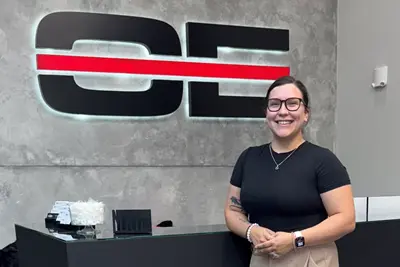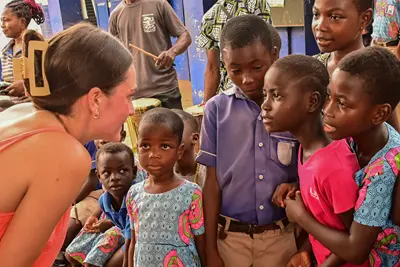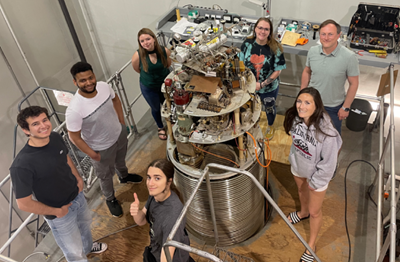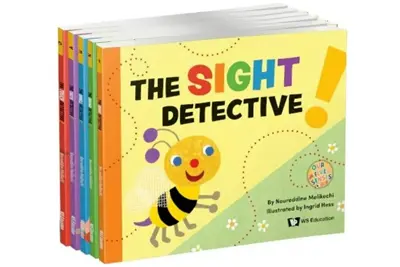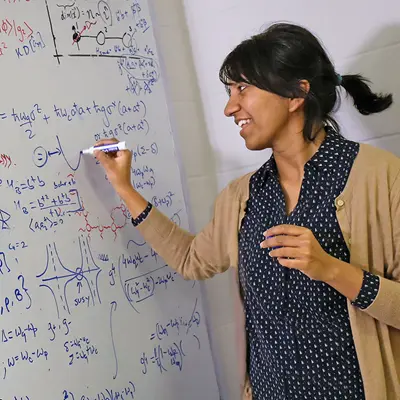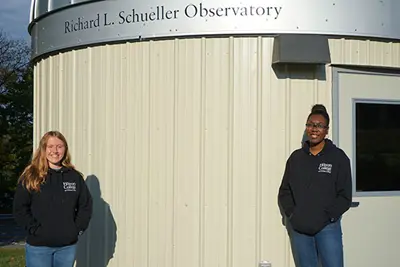
Students’ Challenge is Out of this World
UMass Lowell’s Global Entrepreneurship Exchange (GE2) program returned in person on campus for the first time since the pandemic, offering 25 students the chance to collaborate on a real-world challenge: how to turn a faculty-designed space technology into a viable business.

